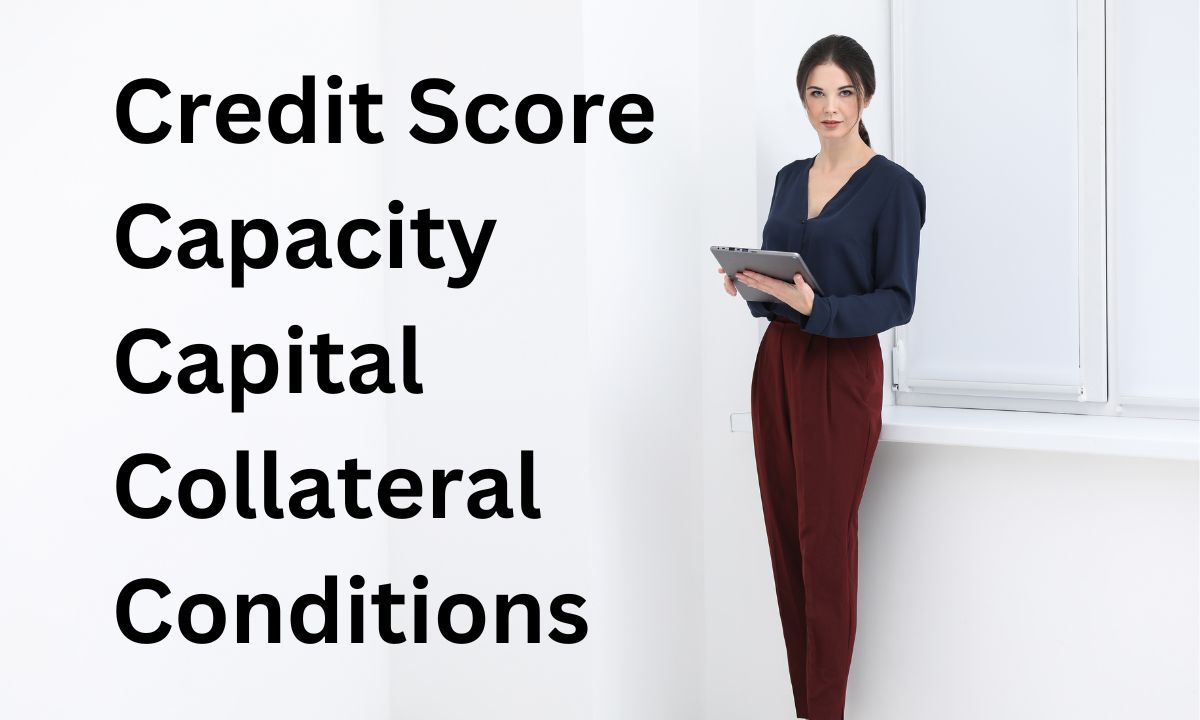 Buying a home is one of the most significant financial decisions most of us will ever make. It’s a journey filled with excitement, anticipation, and sometimes, a touch of anxiety. Among the many steps involved in this process, understanding mortgage underwriting is crucial. To demystify this complex process, let’s delve into the 5 C’s of mortgage underwriting.
Buying a home is one of the most significant financial decisions most of us will ever make. It’s a journey filled with excitement, anticipation, and sometimes, a touch of anxiety. Among the many steps involved in this process, understanding mortgage underwriting is crucial. To demystify this complex process, let’s delve into the 5 C’s of mortgage underwriting.
1. Credit Score: Your credit score is often the first C considered by lenders during mortgage underwriting. This three-digit number, typically ranging from 300 to 850, reflects your creditworthiness based on your credit history. Lenders use this score to assess the risk associated with lending to you. The higher your credit score, the more likely you are to qualify for favorable loan terms, including lower interest rates. Factors influencing your credit score include payment history, credit utilization, length of credit history, types of credit accounts, and new credit inquiries. It’s essential to review your credit report regularly and address any errors or issues to maintain a healthy credit score.
2. Capacity: Capacity refers to your ability to repay the mortgage. Lenders evaluate your capacity by assessing your income, employment history, and existing debt obligations. They typically calculate your debt-to-income (DTI) ratio, which compares your monthly debt payments to your gross monthly income. A lower DTI ratio indicates a healthier financial position and enhances your chances of mortgage approval. To improve your capacity, consider increasing your income, reducing existing debt, or exploring co-borrowing options.
3. Capital: Capital, often referred to as cash reserves, represents the funds you have available for the down payment and closing costs. Lenders may also consider your savings and investments as additional capital. Having sufficient capital demonstrates financial stability and reduces the lender’s risk. While some loan programs offer low down payment options, a larger down payment can lower your monthly payments and potentially eliminate the need for private mortgage insurance (PMI). Start saving early and explore down payment assistance programs or gifts from family members to bolster your capital.
4. Collateral: Collateral refers to the property you intend to purchase with the mortgage loan. Lenders assess the property’s value, condition, and marketability to determine its suitability as collateral. A professional appraisal is often conducted to estimate the property’s worth accurately. Additionally, lenders may consider factors such as location, zoning regulations, and potential environmental hazards. It’s essential to conduct thorough research and inspections to ensure the property meets your needs and aligns with your financial goals.
5. Conditions: Conditions encompass various factors that influence the mortgage underwriting process, including economic conditions, loan terms, and regulatory requirements. Lenders may consider prevailing interest rates, housing market trends, and changes in your financial situation when evaluating your application. Understanding these conditions allows you to anticipate potential challenges and make informed decisions throughout the home-buying process.
Familiarizing yourself with the 5 C’s of mortgage underwriting—credit score, capacity, capital, collateral, and conditions—empowers you to navigate the homebuying journey with confidence. By focusing on improving these key factors, you can enhance your eligibility for mortgage financing and secure your dream home. Remember to consult with mortgage professionals, explore various loan options, and conduct thorough research before making any decisions.
 Are you dreaming of owning your own home but facing obstacles in securing a mortgage? You’re not alone. Many aspiring homeowners encounter challenges due to factors like credit history, income, or debt-to-income ratio. There is a potential solution that could help you achieve your homeownership goals: a cosigner.
Are you dreaming of owning your own home but facing obstacles in securing a mortgage? You’re not alone. Many aspiring homeowners encounter challenges due to factors like credit history, income, or debt-to-income ratio. There is a potential solution that could help you achieve your homeownership goals: a cosigner.